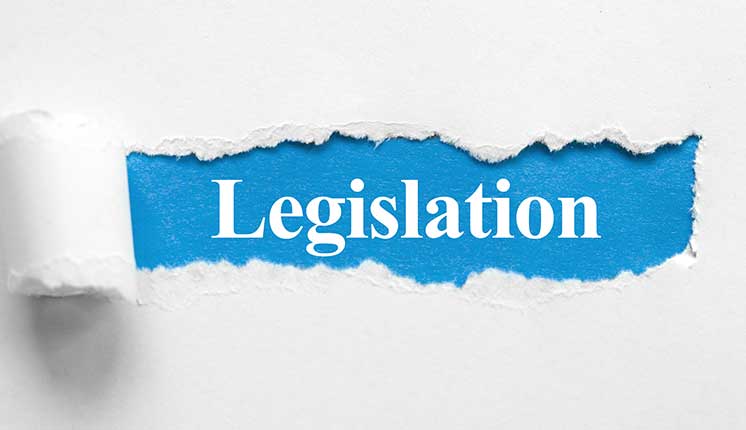
Assembly Bill 28, authored by Assemblymember Pilar Schiavo (D-Santa Clarita), seeks to create a temperature monitoring and reporting regime for landfills.
Specifically, AB 28 would require landfill operators to continuously monitor and notify the community of elevated landfill gas temperatures, and would impose corrective measures if gas temperatures exceed specified levels for certain periods of time. AB 28 also imposes substantial penalties for failure to notify, report, or post information online.
AB 28 seeks to prevent another incident like the one occurring at the Chiquita Canyon landfill in the author’s district. There, a subsurface reaction is causing extreme temperature increases, emissions, odors, and changes in landfill gas composition. The reaction area is roughly 35 acres, has resulted in thousands of odor complaints, triggered enforcement action for emission of hazardous levels of benzene, and the facility is no longer allowed to accept solid waste.
RCRC understands and shares the concern about the disturbing impacts that resulted from subsurface smoldering and elevated temperatures at the Chiquita Canyon landfill in the Assemblymember’s district, and we are committed to keeping our communities safe. At the same time, RCRC has serious concerns about the proposed monitoring and enforcement framework and so has taken an “Oppose unless Amended” position on the bill.
As currently written, AB 28 has the potential to mislead residents about the safety of their local landfills. Moreover, the current language is overly punitive, has unrealistic timeframes to address elevated temperature events, and fails to recognize that elevated temperatures do not always correlate with adverse health impacts.
RCRC believes that with some important refinements, AB 28 can be molded into a workable, risk-based model that effectively protects communities. RCRC will continue working with the author and other stakeholders on amendments to the bill.
AB 28 passed the Assembly and is set to be heard by the Senate Environmental Quality Committee. RCRC’s most recent letter can be found here.
For additional information, contact RCRC Senior Policy Advocate John Kennedy.
